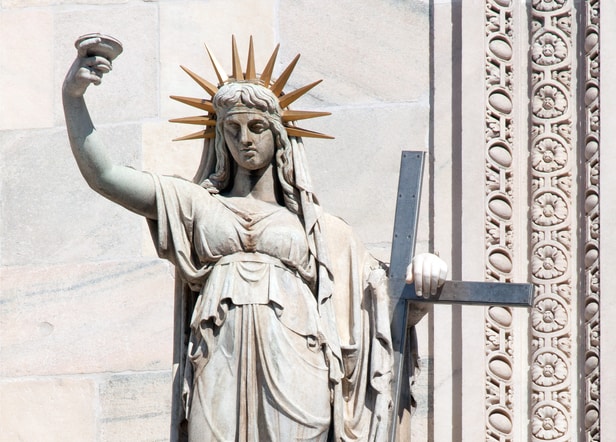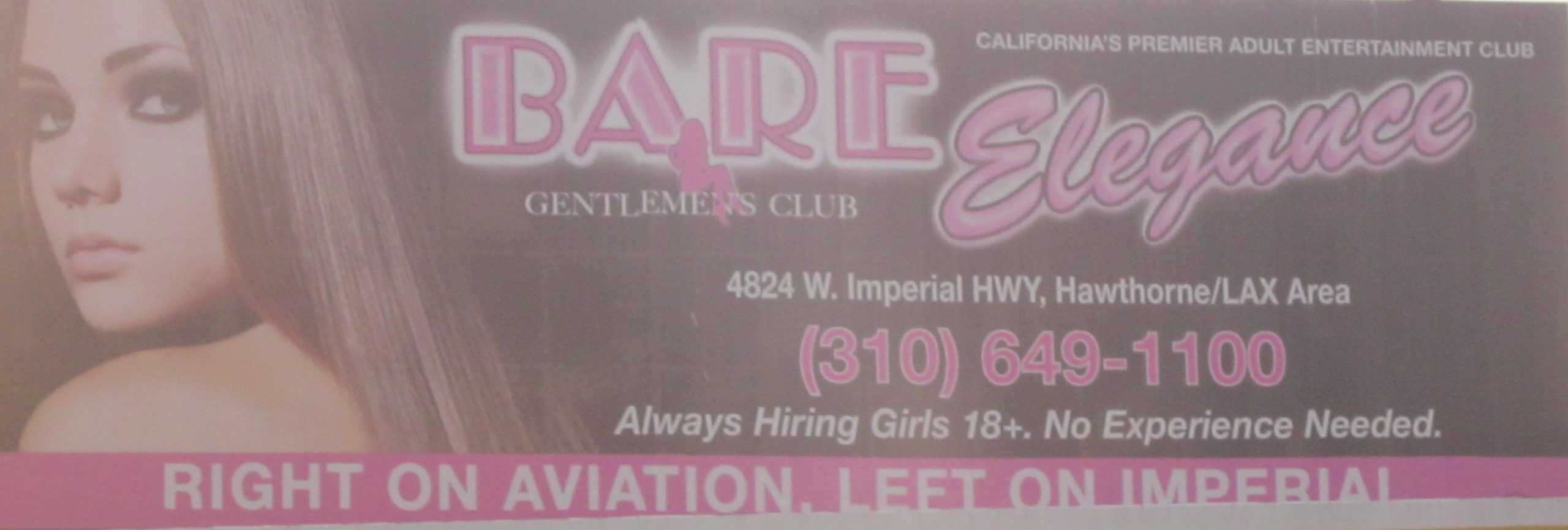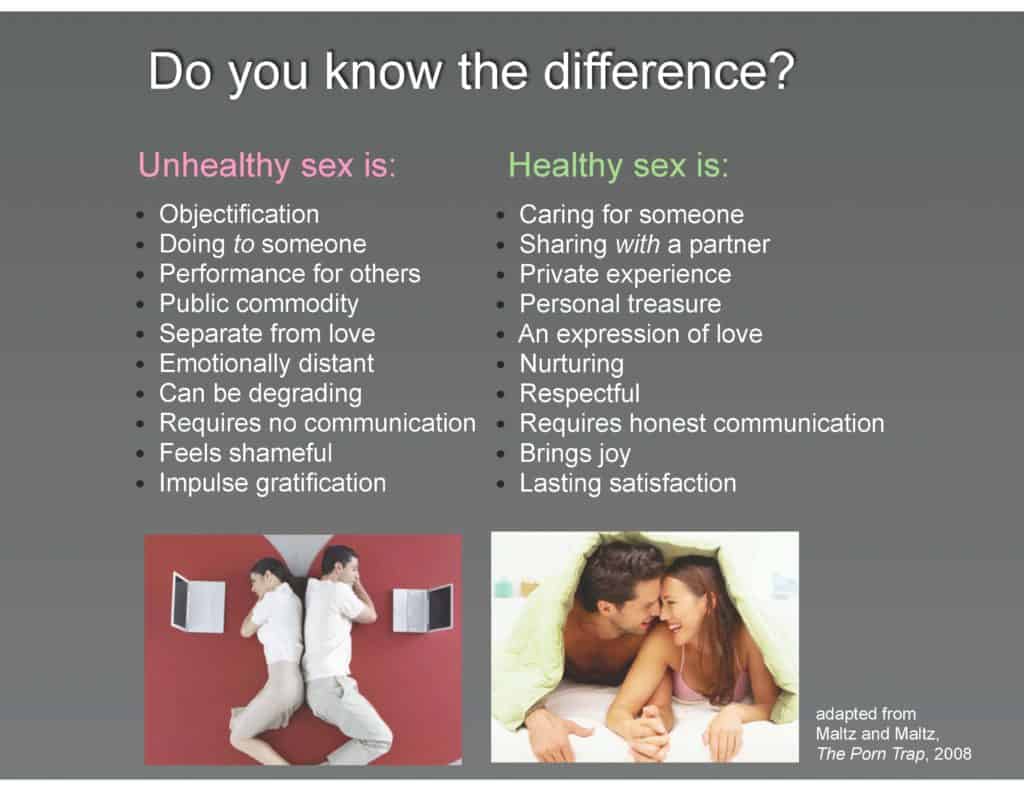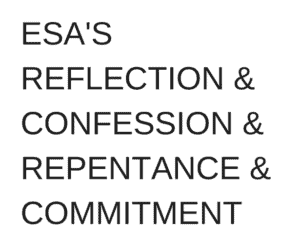The role of faith communities in the battle against sexual exploitation
by Kristyn Komarnicki

Give me your exploited, your poor,
Your addicted masses yearning to breathe free,
The sexual refuse of your teeming shore.
Send these, the broken, tempest-tossed, to me:
I lift my lamp beside the golden door.
― Emma Lazarus, rewritten for the today’s church
I was invited to be part of an ecumenical panel at the 2015 Coalition to End Sexual Exploitation Summit (held in Orlando, FL, in September). My wonderful co-panelists were Sam Meier of the My House Initiative of the Archdiocese of Kansas City and Howard Bangerter, senior product manager for the Church of Jesus Christ of Latter-day Saints in Salt Lake City, UT.
We enjoyed a lively discussion. Below are the responses that I prepared, with links to resources, for those who want to dig a little deeper into the conversation.
What is your response to the following quote by anti-porn activist Andrea Dworkin?
“The worthlessness of women as human beings is entirely clear when it is understood that pornography is a form of mass entertainment. . . . Pornography is the prostitution of the women in it, and it is a metaphysical definition of all women as whores by nature; so it is also the terror of being born to be used, traded, and sold. The substance of this terror—its details, its ambiance—is the pleasure, is the entertainment, for the men who watch. It is hard to imagine how much they hate us.” ~ Dworkin, A. (1993). Letters from a War Zone, p. 181
The first time I saw internet pornography (at the age of 45!), I was completely overwhelmed by this documentation of men’s hatred for women. It was right there, plain to see. But my deepest feelings were of shame and anger at the performers: How could those women let those men do that to them? Why were they smiling? At the time, I didn’t understand all the dynamics that underlie those smiles—the kind of grooming and outright coercion that is rampant in the porn industry and even in our culture. What I saw was the women’s capitulation, and I reacted hard to that hatred by internalizing it. I felt angry at and ashamed for them.
And almost immediately I personalized it. Why had I as a young woman so easily given in to men’s expectations and desires when they clearly contrasted to my own? Where was my spine at the time? Why had I let people use me?
I’ve thought a lot about the curse in Genesis, that woman’s desire will be for her man and he will rule over her. I think that power imbalance is built into the fall, but it isn’t God’s will. It’s a post-fall reality that is simply codified in pornography.
One of the hardest things for me is to see how easily women internalize that oppressive hatred, which many of them have experienced prior to getting into porn through childhood sexual abuse, sexual assault and/or the grooming that comes through a pornified culture where women are regularly objectified. Women in pornography not only capitulate to the sexualized violence but they also justify it—at least while they are caught up in it (they tell a very different story once they get out). A recent documentary called Hot Girls Wanted contains some painfully poignant revelations from the young women who go into “professional amateur” porn. One woman who “specializes” in (read: gets offers only for) “Latina Abuse” scenes, sees her work as a public service to women. “If [the men] are watching it on the internet, they aren’t doing it to an actual girl.” Since she doesn’t consider herself to be “an actual girl,” she is thus prepared to be filmed being bound and choked for an oral sex scene that ends in her being forced to clean her own vomit from the floor, with her mouth. These kinds of comments are telling, to say the least, and are clear examples of internalized oppression and hatred.
Pornography is systematic bullying, a narrative of hatred. And it is a highly effective training manual that fuels human trafficking because it traffics in human (usually female) flesh, and it documents torture.
What do you consider to be the greatest obstacles to ending sexual exploitation?
Apathy. Our preference for easy fixes and entertainment is incompatible with the effort required to fight exploitation. We’re hypnotized. It’s easier to deny it, ignore it, or numb ourselves than to address it.
The magnitude of it. It’s like trying to stop a tsunami. When we feel overwhelmed we are tempted to either give up or, what is perhaps worse, to minimize it, telling ourselves it’s not that bad. When I speak on pornography and its connection to human trafficking at churches and schools, there is inevitably someone who suggests that I’m making too much of the problem. Surely most people aren’t looking at violent porn? But they don’t understand that even what some might consider “nice porn” commodifies the human body and leads eventually to scenes that incorporate violence or minors or any number of disturbing market niches.
Fatigue. I’m the mother of three sons. I’ve talked to my sons from an early age about all of these issues, but I think I’m still guilty of what Cordelia Anderson calls “sexual neglect.” It’s exhausting (and, frankly, impossible) to be on it all the time, addressing every false message that comes our way. The odds against us are so huge.
Discomfort. It’s hard to be a truth teller. You’re unpopular. I’ve been known to kill the buzz at a dinner party or parent get-together in the park. It’s not fun being “that porn lady” who wants to educate all the time! But in his book Love Does, Bob Goth talks about what he calls the greatest lie of all time, which can be expressed “in two words: someone else”: “God…didn’t choose someone else to express His creative presence to the world, didn’t tap the rock star or the popular kid to get things done. He chose you and me. We are the means, the method, the object, and the delivery vehicles…God usually chooses ordinary people like us to get things done.”
It’s often unpleasant, but I’ve been given the tools and the platform and the passion to educate on this, so I try to be obedient. I’d venture to say that every pastor in every pulpit should be given the tools to educate their congregations. They already have the platform, and we must pray that they’ll all find the passion!
How can communities of faith effectively communicate about sexual exploitation in a world that sees sex as entertainment, as frivolous fun, without meaning and/or as a commodity?
My suggestion is simply straight talk. We have to talk about these things and use every tool at our disposal. We need to talk straight and without shame, tirelessly connecting the dots for people and constantly deconstructing images and TV shows and advertisements and ideas. I find that a very powerful approach is to ask questions, good questions, wherever I am and whomever I’m with. I like the Socratic method very much. Here are some examples:
Sexual objectification on a magazine cover:
- What do you think the editors of this magazine consider to be the most important thing in life?
- What do you think is the most important thing in life?
- Is this magazine telling the truth? If not, why not? What are they selling?
Highway billboard for a strip club: This billboard says that this “gentleman’s” club is “always hiring.”
- What is a gentleman? What do men do in strip clubs? Is there any disconnect there?
- What kind of a business would be constantly hiring? What does that say about employee working conditions, opportunities, etc? Under what conditions would a young woman find the words “Always Hiring” and “No Experience Needed” appealing?

Message T-shirts: We see questionable statements on clothing all the time. I spotted one recently that says “Take me shopping and I’ll be your girlfriend.”
- What is it called when people exchange money or goods for relationship/sex?
- What ways do you see people you know receiving money or things or social status in exchange for sexual favors?
I think that sermons and Sunday school curriculum across all ages should be asking questions like:
- What does it mean to be made in the image of God? Male and female?
- Who is most invested in us being sexually broken? Who are we serving, following, believing?
- Is everyone in our faith community treated with equal respect, honor, care? Women as well as men? Children as well as adults? The janitor as well as the pastor? The cognitively and physically dis-abled as well as the cognitively and physically able? The poor as well as wealthy? Those who don’t fit gender norms and those who do?
And I believe that every congregation and form of Christian community should be modeling and teaching the basics of healthy relationships. We need to separate sex from violence and degradation. Sex should be about connection and intimacy, about sharing and mutuality. It should be life-affirming, not humiliating. Here’s a slide I use to help people compare healthy and unhealthy sexual relationships.
 What is your church doing to foster healthy marriages? Our little house church, comprised of just a handful of families, has found a way to do that. When my husband and I were in a rough marital season, another mature couple took us for an overnight getaway at a beautiful B&B in the countryside. During lovely meals and down time, they asked us loving questions about our marriage and what we were doing to make sure it was not just surviving but also thriving. We trust these folks because they have been very open with us about their own struggles and how they work through them. Not every conversation was easy, but we felt so cared for! If every church did community that intentionally we’d have a lot more healthy marriages.
What is your church doing to foster healthy marriages? Our little house church, comprised of just a handful of families, has found a way to do that. When my husband and I were in a rough marital season, another mature couple took us for an overnight getaway at a beautiful B&B in the countryside. During lovely meals and down time, they asked us loving questions about our marriage and what we were doing to make sure it was not just surviving but also thriving. We trust these folks because they have been very open with us about their own struggles and how they work through them. Not every conversation was easy, but we felt so cared for! If every church did community that intentionally we’d have a lot more healthy marriages.
In your experience, what helps communities of faith admit and address the sexual brokenness within their congregations?
Taking our faith seriously and living as if we believe what we say we believe. “There is therefore now no condemnation for those who are in Christ Jesus. For the law of the Spirit of life in Christ Jesus has set you free from the law of sin and of death” (Rom. 8:1-2). Do we believe that? Or do we practice condemning each other and ourselves instead of admitting our brokenness, rejoicing in our redemption, and enjoying the freedom that leads us to repent?
I suspect that we don’t really trust God to forgive us—and we definitely don’t trust other believers not to judge us—so we posture, hide. Where does the stereotype of the “nice Christian” man/woman/family come from? The folks with the clean-cut, sin-free, spick-and-span reputation? Of all people, Christians should be free to be totally open about our shortcomings, because we get to rejoice in Christ’s power and mercy and grace! Our brokenness and our vulnerability and God’s mercy are the best advertisements there are for Christianity!
So we should be able to love each other without judgment, but also be free to challenge each other to walk in the light. This isn’t just about sexual issues. Can we talk to each other about our materialism and greed, or our idolatry of work and Sabbath-breaking, all those sins we’re so comfortable with in the church?
The fact is that everyone is on level ground at the foot of the cross. This person’s porn issue is no worse than that person’s materialism. It all moves us away from God. We need to get rid of the finger-pointing and shaming. Sin is everyone’s issue.
As far as addressing the sexual brokenness, I believe that every church needs a recovery group (or to be partnering with one)–AA, NA, Overeaters anonymous, Sex Addicts Anonymous, etc. Celebrate Recovery lumps them all together, which in many ways is good because it puts pornography struggles in the mix, normalizing the problem so that it is easier to discuss.
For both the exploited and the exploiter, we need to provide informed safety protocols and genuine community. This requires firm and healthy boundaries. A healthy community is a place where we are known and loved. Everyone needs at least one person who knows the worst about them and still loves them. I highly recommend the book/video series The Cure from the folks at TrueFaced.
Richard Land, president of Southern Evangelical Seminary, talked about how Cardinal O’Connor announced one day, “If you have an unwanted pregnancy, come to us. We’ll take care of you and your baby.” Land said that, like O’Connor, we should put our money where our mouth is by saying to people, “If you’re being sexually exploited, come to us. If you’re addicted to porn, come to us. We’ll walk you towards healing.” He said the church should be a spiritual Statue of Liberty. That’s powerful.
How does your faith tradition’s view of women contribute to sexual justice and/or to sexual exploitation?
I don’t remember either the church tradition I was raised in (Presbyterian) or my own family explicitly teaching me that women were inferior or needed to fill different roles from those available to men, but everywhere I looked I saw women serving while men had leadership roles. What we see modeled has more power than any doctrine we are taught.
I think that seeing women primarily in service roles as opposed to leadership roles (even when their gifting indicated leadership) and men primarily in leadership positions (even when their gifting indicated service), and observing that females are taught to please, not to rock the boat, etc, primes congregations to tolerate power imbalance and misuse.
The church I’m in now values women tremendously. It’s a completely horizontal structure where everyone speaks into each other’s lives. That is one of the best gifts I think we’ve been able to give our sons. They have a lot of built-in respect for women because they’ve seen it modeled.
Feminist historian Gerda Lerner defines patriarchy as “the manifestation and institutionalization of male dominance over women and children in the family and the extension of male dominance over women in the society in general.” Patriarchy implies “that men hold power in all the important institutions of society and that women are deprived of access to such power. It does not imply that women are either totally powerless or totally deprived of rights, influence and resources.” But it means that men are in control. This is “not merely uncomfortable for some women, but toxic and dangerous to all men and women in the faith.”
If you could spend two minutes talking about sexual exploitation to someone like Stephen Hirsch, founder and of the porn production house Vivid, or Joanna Coles, editor of Cosmopolitan magazine, what would you say?
That is a hard question! I think it would be a waste of time to tell them what I think. I imagine they’ve heard it all before. People are most moved to openness when they sense that you care about what they think, and I do care what they think. So I’d probably ask them a question that would connect with them personally:
- What brings you the most joy in life?
- What’s the hardest part of your job for you?
- In what ways does your work reflect your life values?
And then I would ask them if I could pray for them. If they said yes, I’d say a quick prayer of blessing, asking God to guide them, to help them flourish, to help them use their great influence for great good. I wouldn’t specify what that would look like for me. I think deep down everyone knows what’s life-giving and what’s destructive. Me telling them what they should do wouldn’t fly. If we were friends or in some kind of ongoing relationship it would be different, but if I had only two minutes I would ask the Holy Spirit to do her work. The Spirit is the one who convicts.
In the fight against sexual exploitation, what gives you hope?
The young people who are keen to tell the truth about it, like the team at Fight the New Drug. Also, watching the lights go on when I speak to high school and college students. There may be only one or two in the crowd who rush up to speak to me afterwards, but I suspect that for each person who steps up there are a number of others who will quietly reflect on what they’ve heard. Kids are hungry for tools, empowerment, a voice. Pornography is disempowering. They sense that and are capable of walking towards the tools offered.
In your view, what are some of the most powerful teachings of your faith relating to matters of sexual exploitation and sexual justice?
- The way Jesus spoke to women, who had no worth in his society. He is natural, inviting, and empowering, not shaming.
- The power of prayer. We can’t fight exploitation without it. The fight itself will take us down if we don’t center ourselves in prayer and draw our strength from God.
- I confess that this is a total mystery to me, but although we are in a very dark period of human history, the ultimate victory has already taken place. Christ has already defeated evil. It’s really not my responsibility to fix things. It’s my privilege to partner with the work God is already doing. But God’s the boss. Not me.
What aspect of your faith helps you, personally, to live a life of sexual justice and sexual integrity?
Community. Open, vulnerable, generous, courageous community. We simply cannot do it on our own.
Kristyn Komarnicki is CSA’s director of communications.


